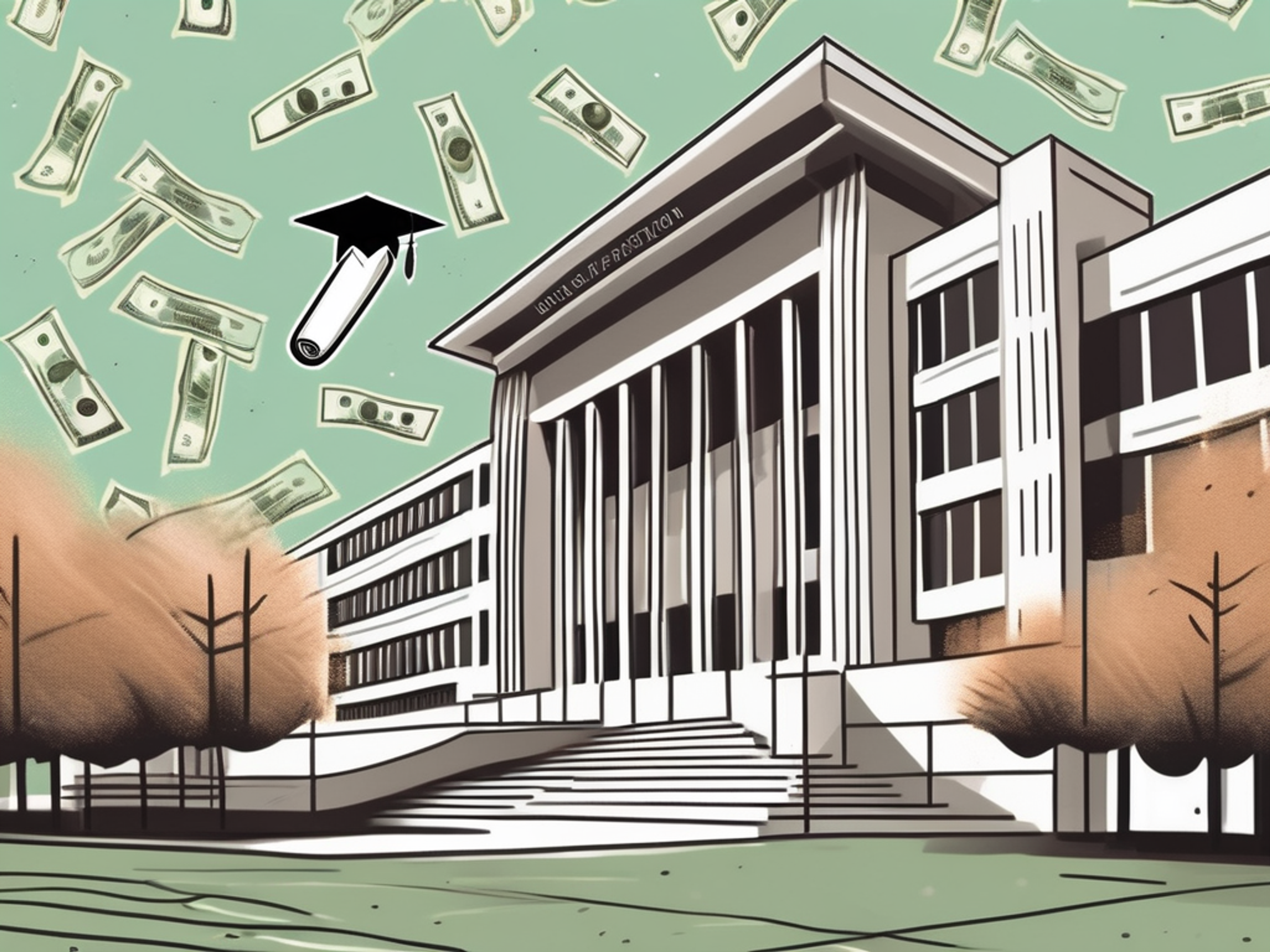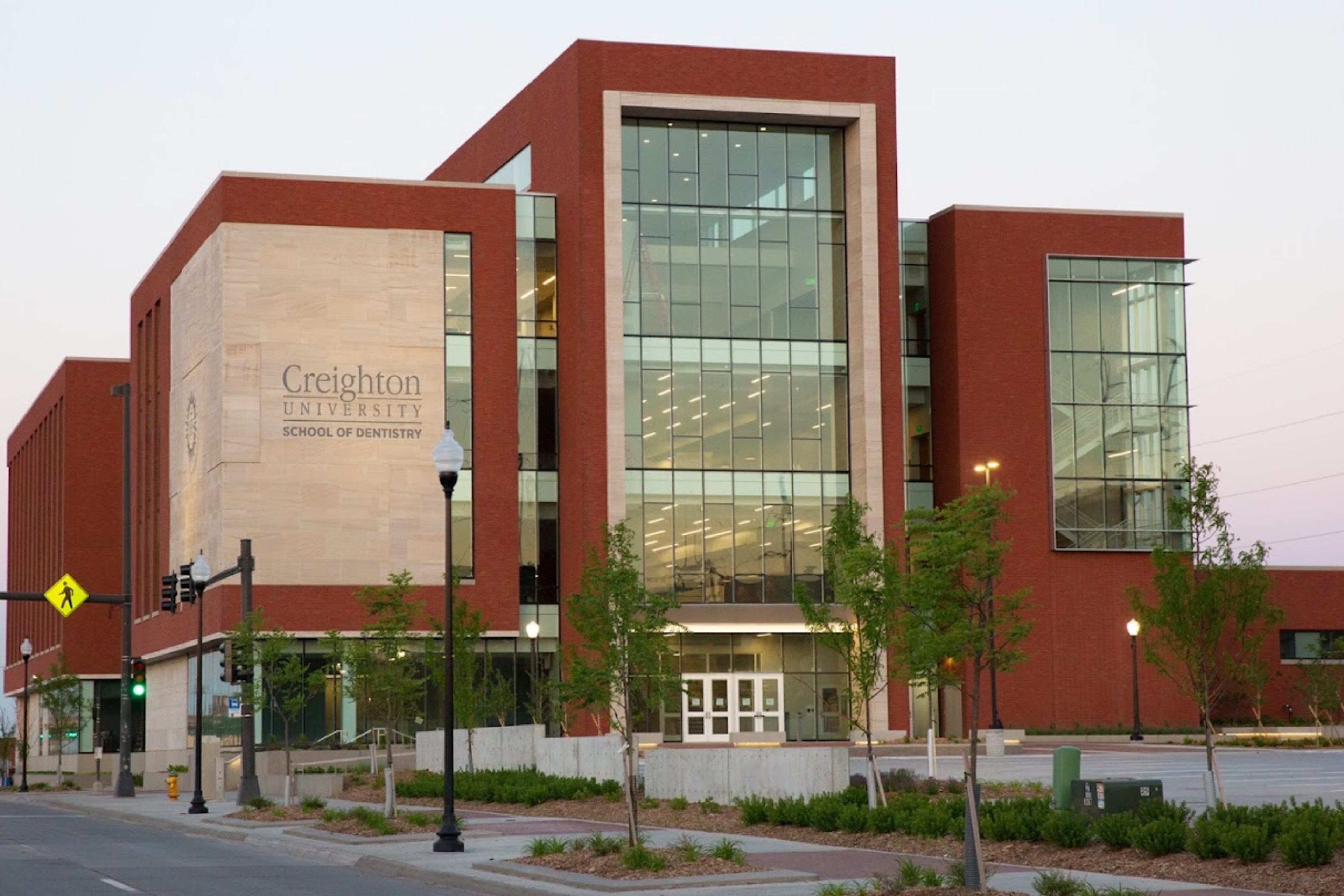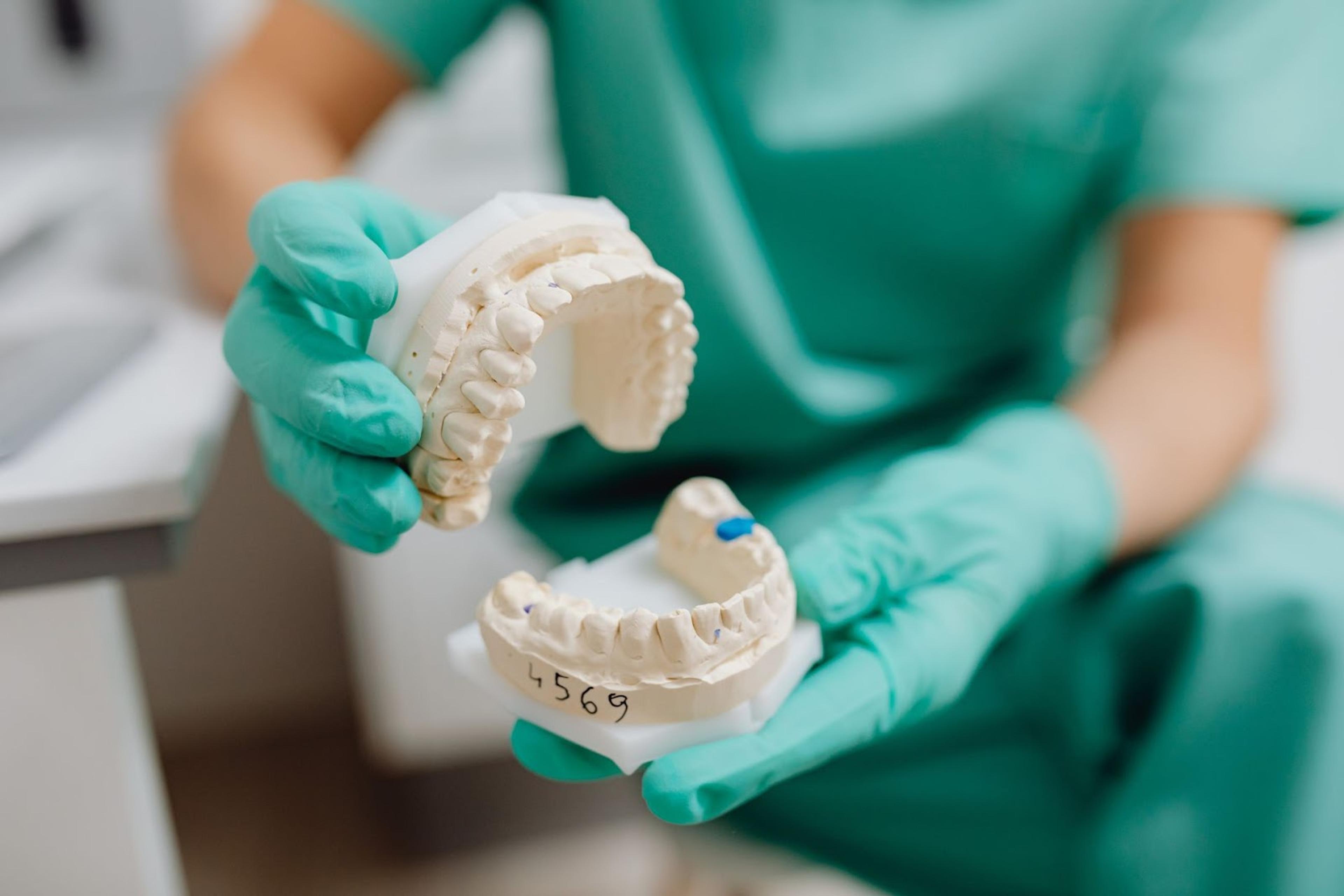Dental School Curriculum: Core, Electives, and Specializations
Explore the comprehensive world of dental school curriculum, from core courses to specialized electives.
Posted June 13, 2025

Table of Contents
In order to become a qualified dentist, individuals must undergo a rigorous dental school curriculum. This comprehensive education equips future dentists with the necessary knowledge and skills to provide optimal dental care to patients. The curriculum comprises core courses, elective courses, and specialized training in various dental disciplines.
Overview of the Dental School Curriculum
The dental school curriculum is carefully designed to provide students with a strong foundation in the scientific, clinical, and professional aspects of dentistry. It consists of a combination of didactic lectures, laboratory sessions, and clinical training. By encompassing diverse areas of dental knowledge, the curriculum ensures that graduates are well-rounded professionals capable of addressing the complex oral health needs of their patients.
Within the dental school curriculum, students delve into the fascinating world of oral anatomy and physiology. They learn about the intricate structures and functions of the teeth, gums, and jaw, gaining a deep understanding of how these components work together to form a healthy oral cavity. Through detailed lectures and hands-on laboratory sessions, students develop a keen eye for identifying abnormalities and potential oral health issues.
Moreover, the curriculum places a strong emphasis on the study of dental materials and techniques. Students learn about the different types of dental materials used in restorative procedures, such as fillings and crowns, and gain practical experience in manipulating these materials to create durable and aesthetically pleasing dental restorations. They also explore the latest advancements in dental technology, such as digital imaging and CAD/CAM systems, which play a crucial role in modern dentistry.
Read: Best Majors for Dental School: A Guide for Pre-Dental Students
The Importance of a Comprehensive Dental Education
A comprehensive dental education is crucial because it enables dentists to understand and treat a wide range of oral health conditions. Dental diseases are multifaceted, often involving both biological and behavioral factors. By receiving comprehensive training, dentists are equipped to diagnose and treat these conditions effectively.
One aspect of a comprehensive dental education is the study of oral pathology. Students learn about the various diseases and disorders that can affect the oral cavity, including dental caries, periodontal disease, and oral cancer. They explore the underlying causes of these conditions, such as bacterial infections or genetic predispositions, and develop the skills to identify and manage them through early detection and appropriate treatment.
Additionally, the curriculum delves into the field of oral medicine, which focuses on the diagnosis and management of systemic conditions that manifest in the oral cavity. Students learn how to recognize oral manifestations of diseases like diabetes, HIV/AIDS, and autoimmune disorders, enabling them to collaborate effectively with other healthcare professionals in providing comprehensive patient care.
How the Curriculum Prepares Future Dentists
The dental school curriculum focuses on developing key competencies in students. These include critical thinking, problem-solving, effective communication, and ethical decision-making. Through interactive case-based learning and small-group discussions, students are challenged to analyze complex dental scenarios, consider different treatment options, and make evidence-based decisions.
Furthermore, the curriculum places a strong emphasis on professional development. Students learn about the ethical and legal responsibilities of dentists, as well as the importance of maintaining patient confidentiality and upholding professional standards. They also gain insights into effective communication techniques, learning how to build rapport with patients, explain treatment plans in a clear and understandable manner, and address any concerns or anxieties that patients may have.
In addition to didactic learning, students gain practical experience through clinical rotations and patient interaction. Under the guidance of experienced faculty members, they have the opportunity to apply their knowledge and skills in a real-world setting. This hands-on experience not only helps students refine their clinical skills but also enhances their ability to deliver quality care with empathy and compassion.
Overall, the dental school curriculum is designed to provide students with a comprehensive education that prepares them for the challenges and responsibilities of a dental career. By combining theoretical knowledge with practical experience, the curriculum equips future dentists with the skills and confidence they need to make a positive impact on the oral health of individuals and communities.
Read: A Guide to Shadowing for Dental School Applications
Core Courses in Dental School
Core courses form the foundation of the dental school curriculum. They cover essential subjects that are fundamental to dentistry.
Anatomy and Physiology: The Foundations of Dental Knowledge
Anatomy and physiology are vital subjects for any aspiring dentist. Students learn about the different structures and functions of the human body, including the oral cavity. This knowledge forms the basis for understanding oral diseases, as well as performing dental procedures with precision.
Within the realm of anatomy, students delve into the intricate details of the craniofacial complex. They study the bones, muscles, nerves, and blood vessels that make up the head and neck region. By understanding the anatomical relationships, dentists can accurately diagnose and treat conditions that affect the oral and maxillofacial areas.
Physiology, on the other hand, explores the mechanisms that allow the human body to function. Dental students learn about the physiological processes involved in chewing, swallowing, and speaking. This knowledge is crucial for comprehending the impact of dental interventions on overall health and well-being.
Dental Materials and Their Applications
Teeth restoration, prosthodontics, and other dental procedures require the use of various materials. Core courses in dental materials familiarize students with the different types of materials used in dentistry, their properties, and their applications. Understanding these materials ensures that dentists select the most appropriate options for their patients' needs.
During these courses, students explore the characteristics of different dental materials, such as amalgam, composite resin, and ceramics. They learn about the strengths, weaknesses, and longevity of each material, enabling them to make informed decisions when choosing the best restorative options for their patients.
Furthermore, dental materials courses also cover the latest advancements in the field. Students are introduced to emerging materials, such as bioactive composites and digital dentistry materials, which offer improved aesthetics, durability, and biocompatibility. This knowledge equips future dentists with the ability to stay up-to-date with the ever-evolving landscape of dental materials.
Clinical Practice and Patient Care
Developing clinical skills is a key focus of dental education. Through clinical practice and patient care courses, students gain hands-on experience in performing dental procedures, such as cleanings, fillings, and extractions. These courses also emphasize the importance of effective communication and compassionate care for patients.
Within the realm of clinical practice, dental students are exposed to a wide range of scenarios. They learn how to conduct comprehensive oral examinations, diagnose dental conditions, and create treatment plans tailored to each patient's unique needs. Through simulated patient encounters and supervised clinical rotations, students refine their technical skills and develop the ability to provide high-quality dental care.
Moreover, patient care courses emphasize the importance of building strong relationships with patients. Students learn effective communication techniques, empathy, and cultural sensitivity to ensure that patients feel comfortable and understood. These courses also address ethical considerations in dentistry, teaching students to navigate complex situations with integrity and professionalism.
Elective Courses in Dental Education
In addition to core courses, dental schools offer a variety of elective courses that allow students to explore specific areas of interest and enhance their knowledge and skills.
Exploring Different Dental Disciplines
Elective courses provide students with opportunities to delve deeper into different dental specialties, such as periodontics, orthodontics, and endodontics. These courses expose students to specialized techniques and treatments, helping them decide which areas of dentistry they may wish to pursue further in their careers.
The Role of Research in Dental Education
Research plays a critical role in advancing dental knowledge and improving patient care. Elective courses in research methodology introduce students to research principles and methodologies. By engaging in research projects, students develop skills in critical analysis and evidence-based practice, which strengthen their ability to deliver the highest standard of care.
Enhancing Skills with Advanced Clinical Electives
Advanced clinical electives provide students with the opportunity to expand their clinical skills in specialized areas. These electives often focus on procedures such as dental implants, oral surgery, or cosmetic dentistry. By participating in these courses, students can gain a comprehensive understanding of advanced treatment techniques, enhancing their capabilities as future dentists.
Specializations in Dentistry
In addition to electives, dental schools offer specialized training in various dental disciplines. These specializations enable dentists to focus on specific areas of expertise.
Periodontics: The Study of Gum Diseases
Periodontics involves the diagnosis and treatment of gum diseases, including periodontitis and gingivitis. Dentists specializing in periodontics learn advanced techniques to treat gum-related issues, such as scaling and root planing, gum grafting, and dental implant placement. This specialization ensures optimal oral health for patients with gum disease.
Orthodontics: The Art of Aligning Teeth
Orthodontics focuses on the alignment of teeth and the correction of improper bites. Dentists specializing in orthodontics use braces, clear aligners, and other orthodontic appliances to straighten teeth and create harmonious smiles. By specializing in orthodontics, dentists help patients achieve proper dental alignment and improve their overall oral health.
Endodontics: The Science Behind Root Canal Therapy
Endodontics involves the diagnosis and treatment of diseases affecting the dental pulp and root canals. Dentists specializing in endodontics are experts in performing root canal therapy and saving teeth that would otherwise be extracted. Through specialized training, these professionals acquire the skills to alleviate tooth pain and preserve natural dentition.
In conclusion, the dental school curriculum encompasses core courses, elective courses, and specializations, ensuring that future dentists receive a comprehensive education. By exposing students to a wide range of subjects, the curriculum equips them with the necessary knowledge and skills to provide quality dental care. Whether pursuing a broad understanding of dentistry or specializing in a specific field, dental school graduates are prepared to meet the oral health needs of individuals and make a positive impact in their communities.
Read these next: How to Become a Dentist: The Complete Guide to a Fulfilling Career in Dentistry












